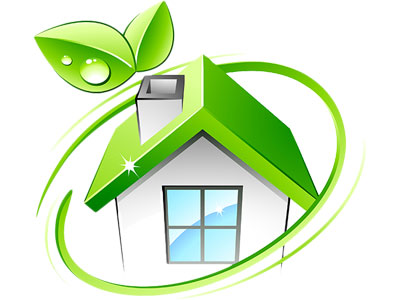The application of ecological farming methods has started to a great extent with the years of 1970. Until then, while the countries made different applications for them, IFOAM (International Federation of Organic Agriculture Movement) was established in 1972 and efforts were made to gather different ecological agriculture practices under one roof in the world. The aim of this organization is to direct the development of ecological agriculture practices in a healthy way and to prepare the necessary standards and regulations. Headquartered in Germany, more than 140 countries have joined this organization. Today, ecological agriculture is being implemented in many countries of the world and many countries support these studies in agricultural policies.
When we look at the transition from traditional agricultural practices to ecological agricultural practices in Europe, a grassroots approach is seen. Producers noticed the damages of inputs used in agriculture to human health and the natural environment and turned to ecological agriculture, an alternative production method. Ecological products were first sold to the close environment, then production began to gain a commercial character. The process of transition to ecological production in the European Union countries has been achieved very quickly, as the states have supported this practice. However, for some reason, this support has decreased after the certification of ecological products. Therefore, especially in France, Spain and Portugal, the number of enterprises engaged in ecological agriculture has started to decrease.
In other countries, socio-economic and socio-cultural factors were effective in the transition to ecological agriculture. For example, socio-economic factors include high input costs in traditional agriculture, high yields despite low yields in ecological production, and decreased yields in traditional production. Among socio-cultural factors, the appearance of ecological products is good.
Demands for ecological products are increasing in our country. In order to ensure that consumers trust the ecological products, TÜRCERT Technical Control and Certification Inc. ECOmark ecological product standard has been implemented. Enterprises that produce in accordance with ECOmark ecological product standard criteria can apply to TÜRCERT and request ECOmark certificate. If TÜRCERT decides that the company is producing in accordance with the conditions after the necessary audit works, it issues an ECOmark certificate and delivers it to the company. The validity period of this document is three years and it is necessary to carry out surveillance inspections every year.



